Tristan da Cunha
The world's most remote permanent settlement on an active volcano.
When your closest neighbor is 1,800 miles away, you know you’re living in a pretty isolated place. Actually, you know you’re living in the most remote permanent settlement in the world, Tristan de Cunha, an island first discovered during the age of the great explorers and European world domination.
In 1506, Portuguese sailors first spotted the island. Figuring no one would mind, the explorer leading the expedition, Tristão da Cunha, named the island after himself. He likely expected that no one would ever return to the island, let alone create a community on its faraway shores. Still, a few centuries later, the British annexed the island and set up shop, founding the town Edinburgh of the Seven Seas in 1818.
At the time, the island village was founded for strategic military purposes. Nobody really wanted to occupy an active volcano in the middle of the South Atlantic Ocean; the British just didn’t want to let the French or Americans get their hands on it. Over the years, the settlement expanded to include a small administrative center and a micro-economy based on seafood.
After making a 150-year attempt at settlement, Edinburgh of the Seven Seas was nearly destroyed during a volcanic eruption in 1961. Yet the courageous - or foolhardy - citizens returned from the U.K. two years later and began to rebuild. Over the years, Tristan de Cunha has known more tragedy than success. It has been assailed by mother nature in the form of hurricanes, eruptions and vicious viral illness. But the tiny colony has learned to embrace the little things, like getting a postal code in 2005, which allowed them to receive packages with more ease.
Today, the colony is governed by a small island council of 8 with oversight from the island of St. Helena, 1500 miles to the north. It is policed by one full-time constable, and all land is held communally, with livestock numbers firmly controlled to conserve resources and prevent better-off families from accumulating too much wealth. With a little help and aid shipped in every now and then, the volcanic island and most remote settlement in the world seems to get by. Curious adventurers interested in a visit, or just news from the island, should check out the Tristan de Cunha website and its commemorative 1961 eruption stamps.
Know Before You Go
All scheduled ships depart from Cape Town







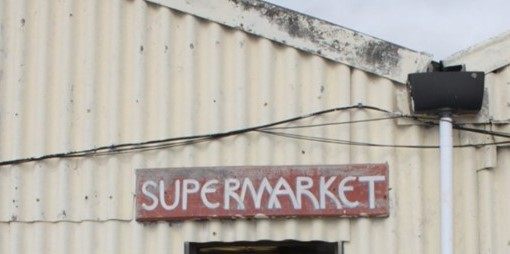
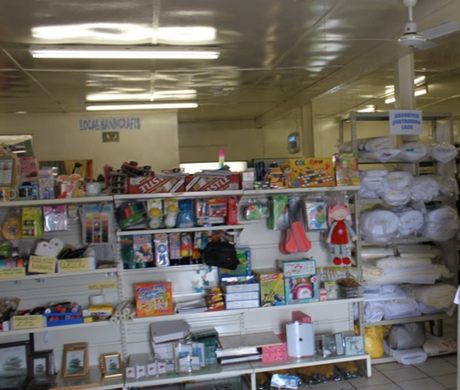
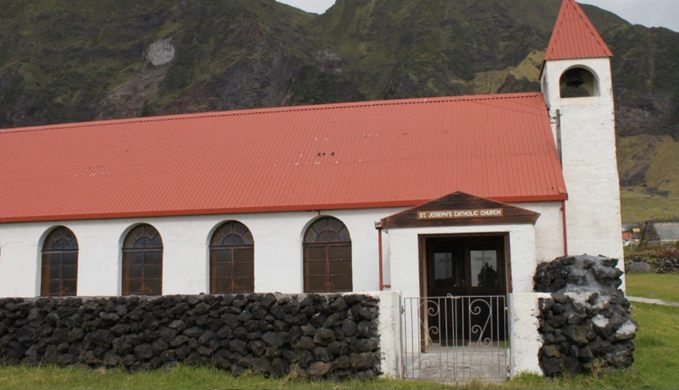



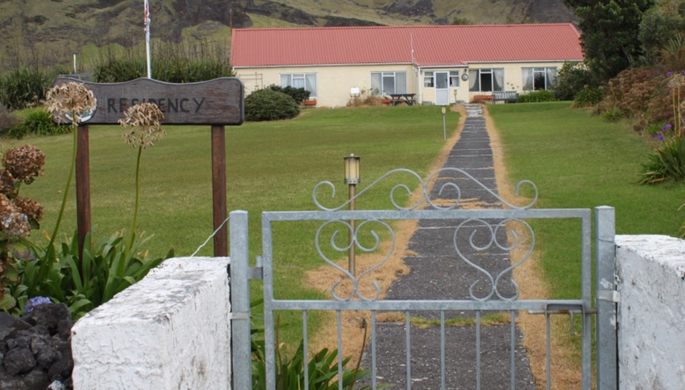

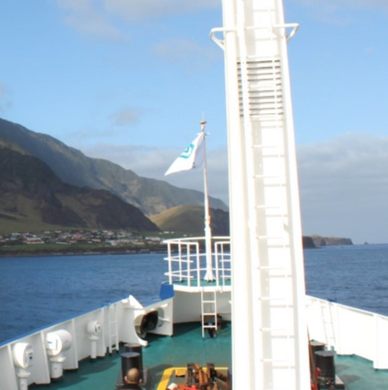
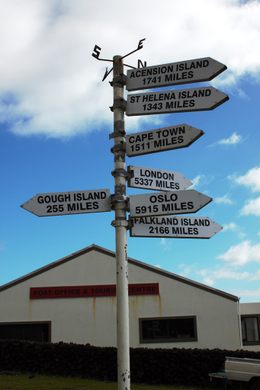


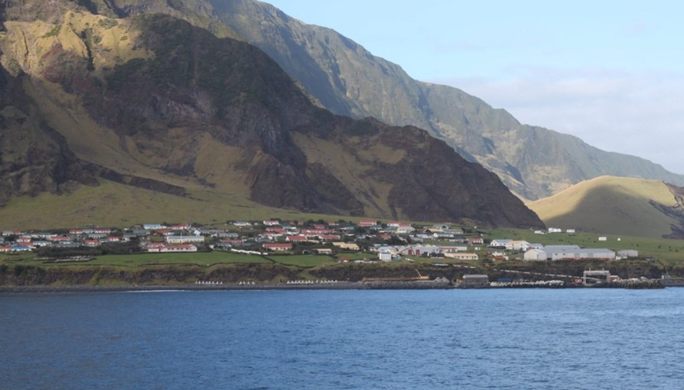












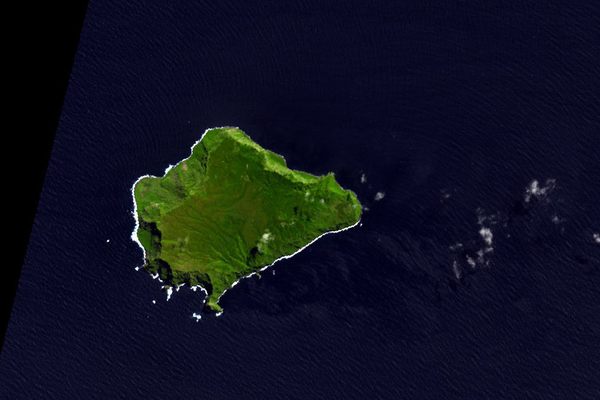
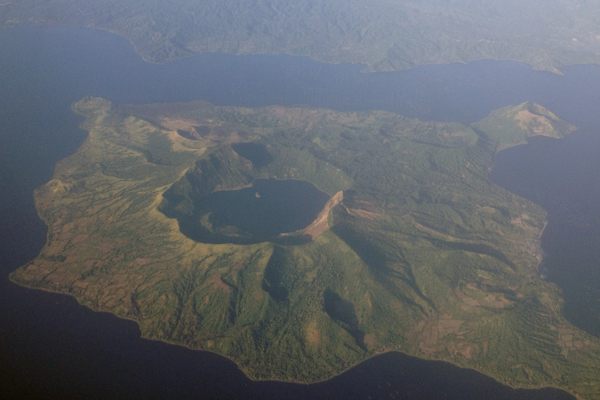




Follow us on Twitter to get the latest on the world's hidden wonders.
Like us on Facebook to get the latest on the world's hidden wonders.
Follow us on Twitter Like us on Facebook